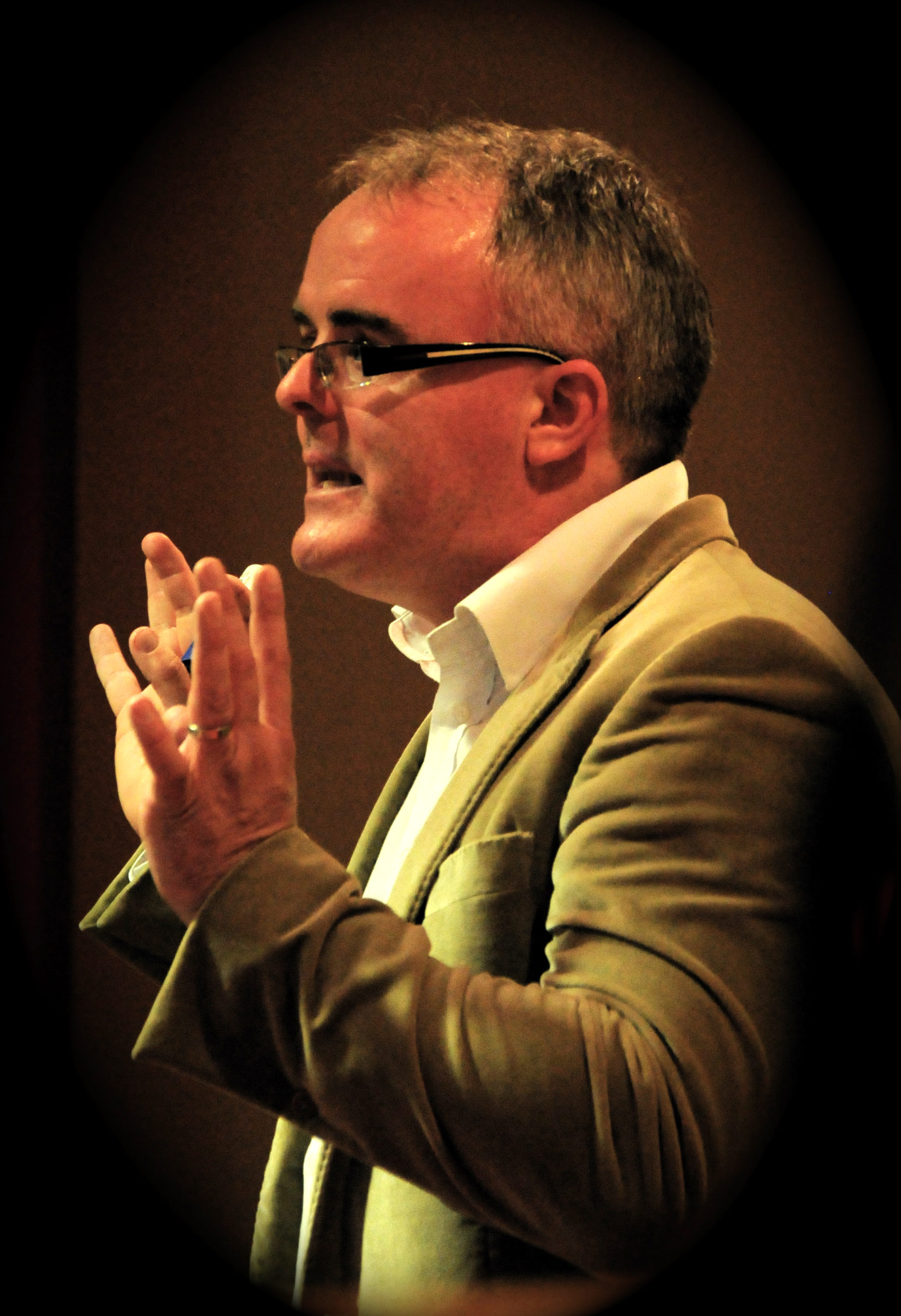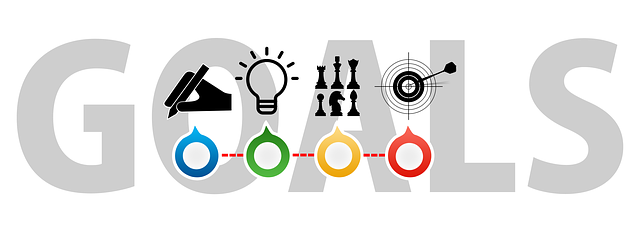There is an abundance of research available showing we are driven to distraction.
In 2010, Harvard Professor, Daniel Gilbert and his PhD student Matthew Killingsworth conducted a study with 2,250 subjects, checking in with them at random times (via a phone app ‘Track your happiness’) to record what they were doing and where their mind was focussed at a particular moment. The study found that people’s minds wander 47% of the time.
Another study from Gloria Mark, a professor at the University of California, Irvine found that people spend an average of three minutes and five seconds on any single event before being interrupted.
In addition, the human brain was designed to maximise our chance of survival so short attention spans are normal. Our attention is naturally split between focusing on new incoming information and remaining alert to ensure survival.
In an attempt to optimise output, we multi-task.
MIT neuroscientist Earl Miller believes it is literally impossible for our brain to focus on two things at once. By multi-tasking, you’re merely switching between tasks very rapidly (a phenomenon known as task-switching). Multi-tasking = Task-switching
Recently I took a phone call while ‘focused’ on writing my latest blog. Connect with your employee’s stories. – Kevin Kelly Unlimited
Even though the transition back to writing appeared seamless, it stifled my flow and creativity. My brain had stopped focusing on writing and had switched to listening. After the call, I had to work hard to restore my train of thought and creative flow
Sophie Leroy, a professor at the University of Minnesota, also finds that people are less productive when constantly moving from one task to another instead of focusing on one thing at a time. Their productivity is affected by “attention residue”, where your mind is still on the previous task as you pick up to start another.
The tasks compete to use the same part of the brain. It confirms the impossibility of the “I can do two things at once” myth.
What’s more, one study suggests that multi-tasking with electronic media caused a significant decrease of ten points in IQ, more than the impact of smoking pot or losing a night’s sleep!
Integral to this trend is our growing obsession with social media facilitated by the easy access through our smart phones. Steve Jobs once told a group of investors that the iPhone was just below food and water on Maslow’s hierarchy of needs! I think we would all agree.
Social media gurus are re-designing our minds, and we seem incapable of mitigating its impact.
But we must! To master the art of persuasion and engagement we need a strategy in place to meet and transcend this challenge which is the focus of one of my most popular keynotes Sales Keynote Leadership Speaker Europe – Kevin Kelly Unlimited
Look forward to working with your team.










Leave a Reply